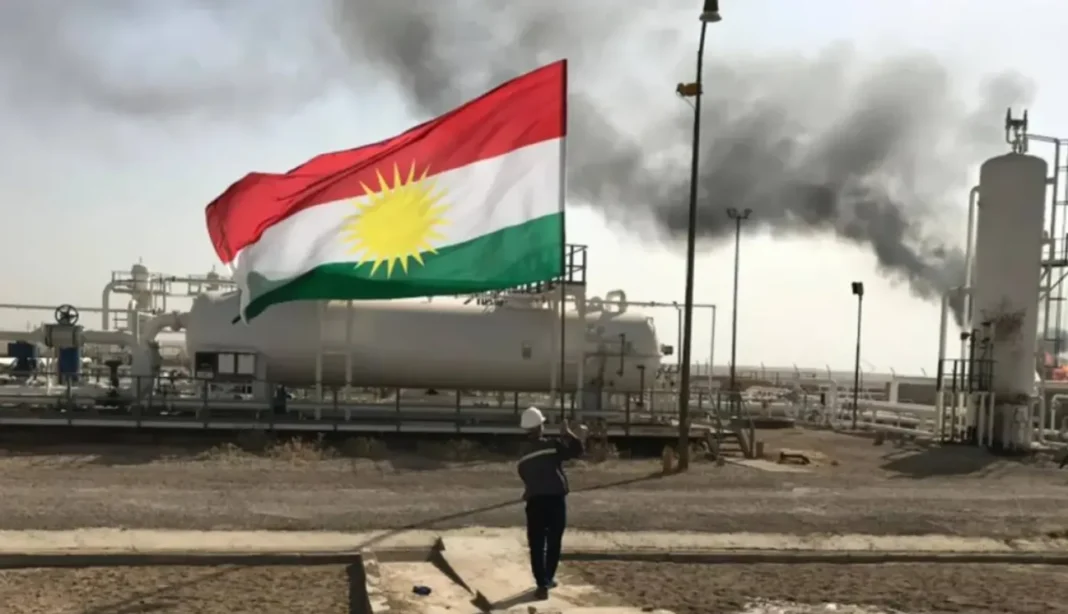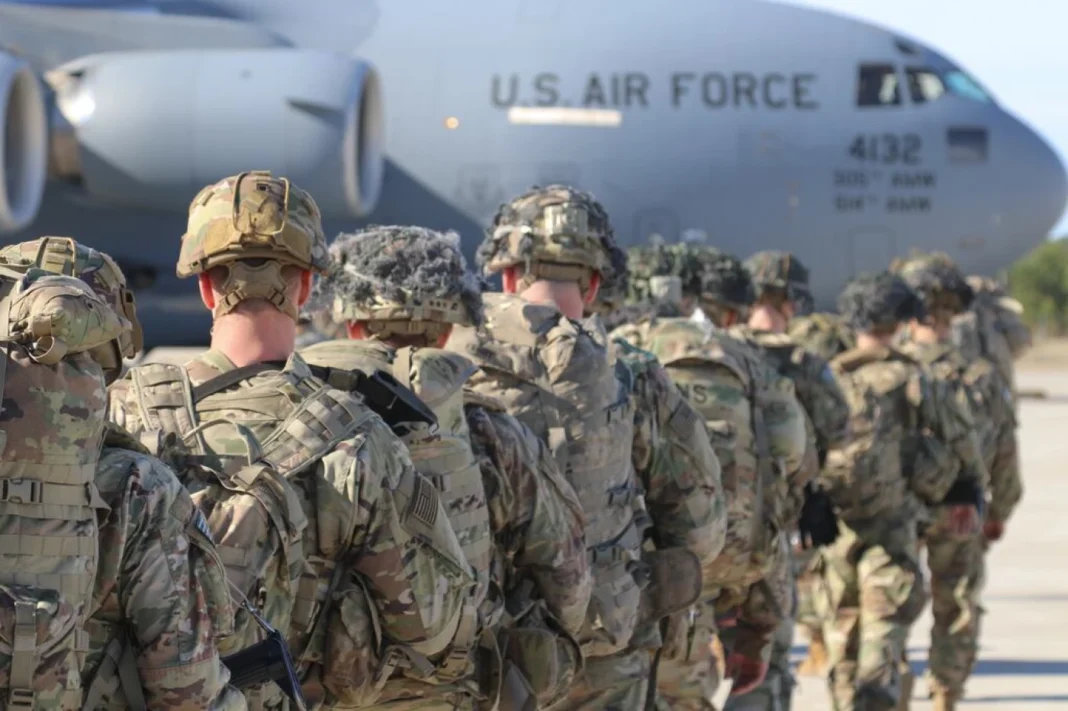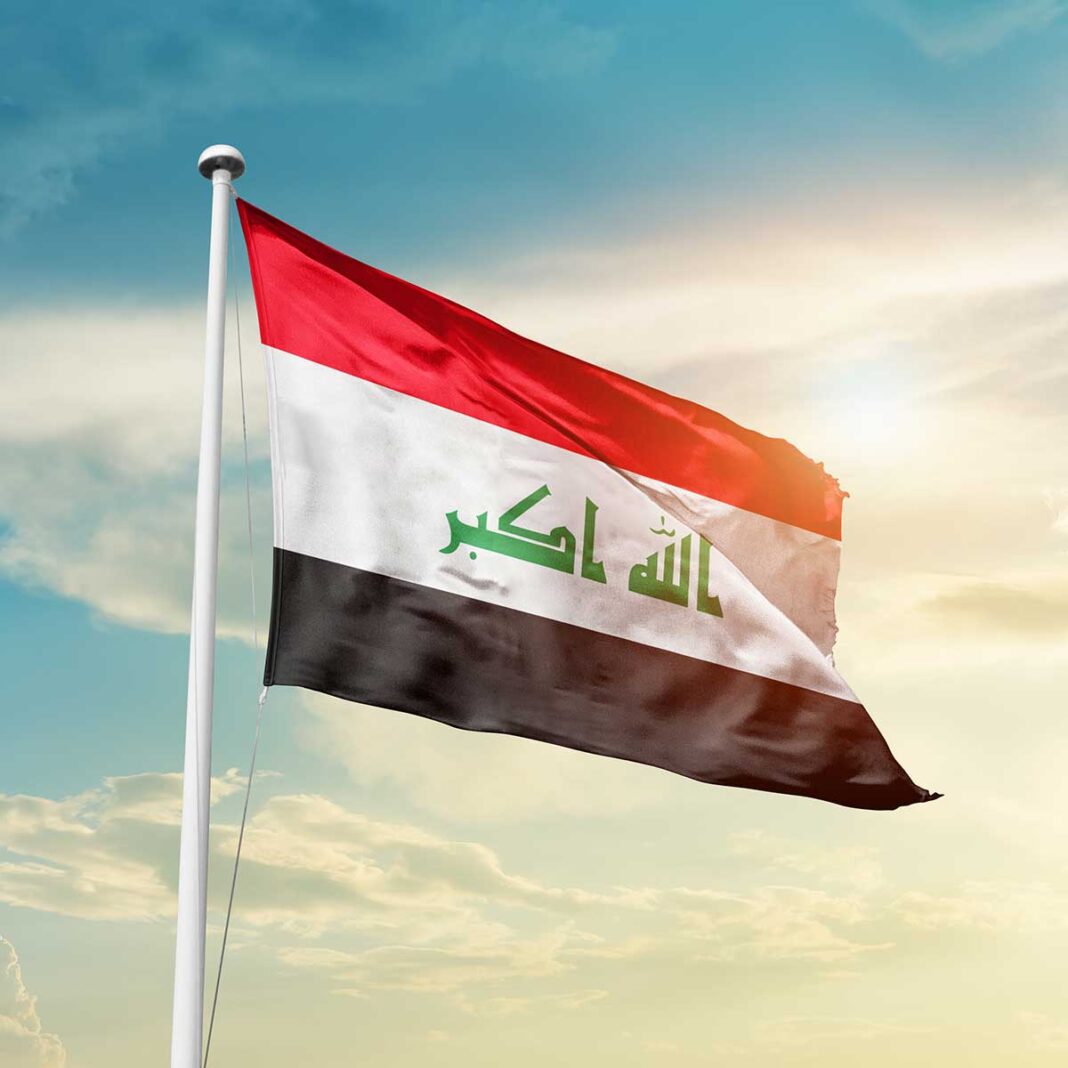The Kurdistan Region’s financial recovery took a major step forward this week. On Tuesday, the Ministry of Finance announced that 956 billion and 928 million Iraqi dinars reached its account at the Central Bank of Iraq in Erbil. These funds will pay the July salaries of employees and pensioners across the region.
This injection of cash comes as the market hopes to rebound. It follows a new agreement between Erbil and Baghdad to resume oil exports after a 30-month halt. The pause had pushed the Region into a deep financial crisis.
Oil shipments restarted this morning through the Iraq–Türkiye pipeline to Ceyhan. This resumption signals a breakthrough in both energy cooperation and political relations.
However, trust remains fragile after years of disputes over oil and finances. Since 2014, when the Kurdistan Regional Government (KRG) began exporting oil independently, the federal government cut the Region’s budget share. These cuts caused irregular salaries, payment delays, and financial instability.
The recent deal sets terms for the Kurdistan Region’s oil exports. The Region will export roughly 190,000 barrels per day. Of those, 50,000 barrels will serve local consumption needs. Exports will go through Iraq’s State Oil Marketing Organization (SOMO), and revenues will deposit directly into the federal treasury.
The agreement ensures salaries for KRG employees will come from these federal revenues. Prime Minister Masrour Barzani confirmed he finalized the deal in a phone call with Iraqi Prime Minister Mohammed Shia’ al-Sudani. Both leaders called the agreement a “significant achievement” for all Iraqis.
They pledged to protect the Kurdistan Region’s share in Iraq’s 2026 federal budget. Additionally, they agreed to push for long-delayed legislation, including the Federal Oil and Gas Law.
Al-Sudani stressed the broad economic opportunities such cooperation could bring to Iraq. They also discussed advancing the Development Road project, aiming to boost infrastructure and growth.
Oil exports halted on March 25, 2023, following an arbitration ruling favoring Baghdad against Ankara. This stoppage cut 230,000 barrels per day from international markets and left the Kurdistan Region without critical revenue.
The new six-article agreement offers hope for the Kurdistan Region’s financial recovery. The region employs 1.2 million people, many of whom have faced salary uncertainty for years. Whether this deal will end that uncertainty remains to be seen.
Still, the resumption of oil exports represents a major step toward financial stability. It also improves the prospects for stronger cooperation between Erbil and Baghdad in the future.
The Kurdistan Region’s financial recovery now hinges on effective implementation of this deal. If successful, it could restore economic confidence and stability across the region.



